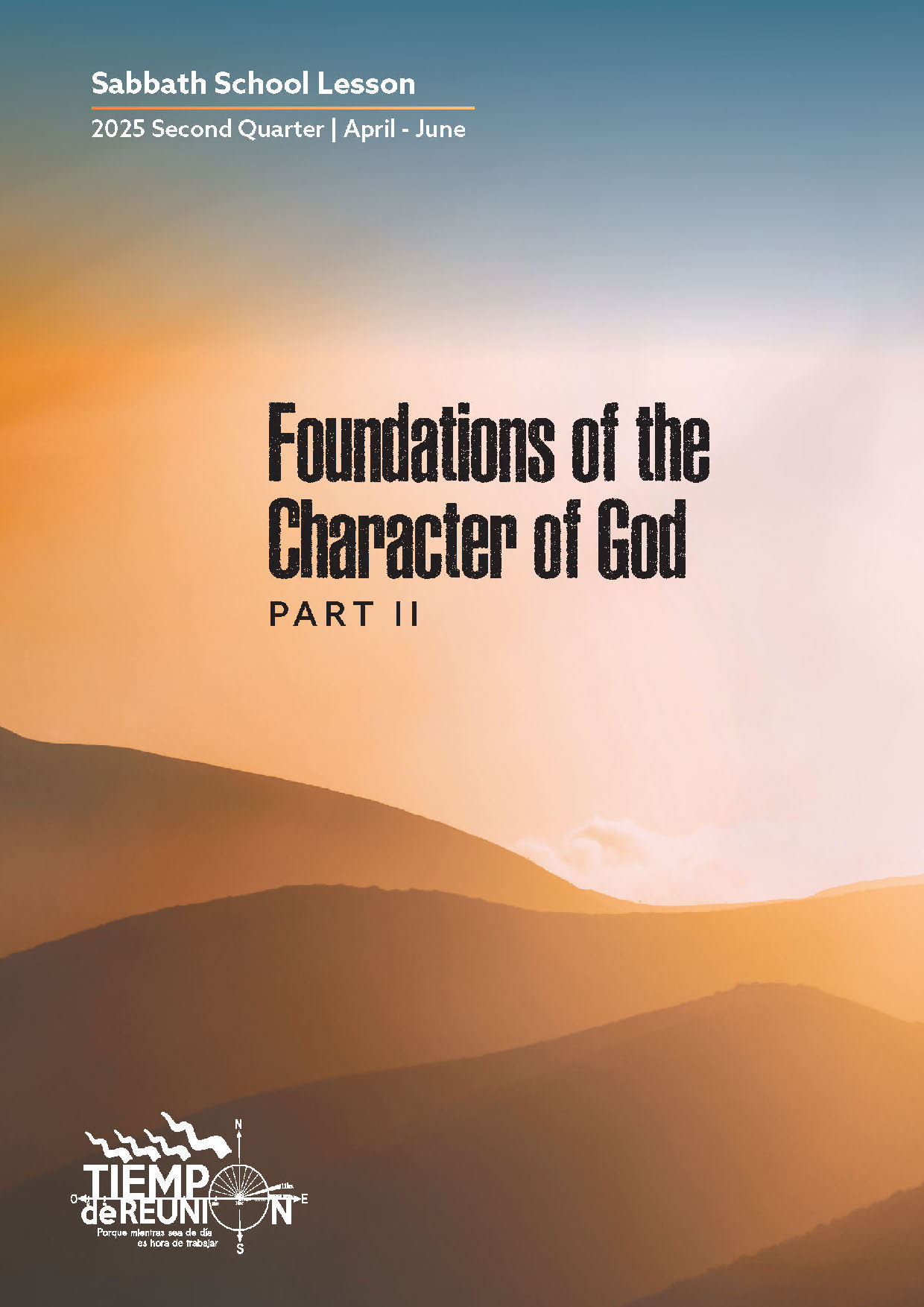Testimony of Uriah Smith

Elder Uriah Smith
1832-1903 (71)
First Secretary of the General Conference
“In December 1852, Uriah Smith accepted the message taught by the Sabbath-keeping Adventist and soon was associated with the publishing interests of the believers in Rochester, New York. For about a half century he was the editor or on the editorial staff of the church paper, the Review and Herald. Smith was the first Secretary of the General Conference starting in 1863.
He is best known for his book, The Prophecies of Daniel and the Revelation. He was the first Bible teacher at Battle Creek College.
Elder Smith was often seen limping down the streets of Battle Creek with his cane and artificial limb, for he had suffered an amputation as a teenage boy.
W. A. Spicer gives us his impression of Uriah Smith: "As a boy I always passed Elder Smith’s editorial room in the old Battle Creek Review and Herald office with somewhat of awe: for there was a notice on the door in dark purple-colored ink and in large letters:
‘Editor’s Room.
Busy? Yes, always.
If you have any business,
Attend to your business,
And let us attend to our business.’
Smith was a man who was on the march. Though he was busy with the Lord’s business and he wanted others to be about theirs, he was a gracious and tender-hearted man.” {Vol. 7, No. 1 of "Lest We Forget" features Uriah Smith.}
Comments on the trinity by Uriah Smith
“The terms ‘Holy Ghost,’ are a harsh and repulsive translation. It should be ‘Holy Spirit’ (hagion pneuma) in every instance. This Spirit is the Spirit of God, and the Spirit of Christ; the Spirit being the same whether it is spoken of as pertaining to God or Christ. But respecting this Spirit, the Bible uses expressions which cannot be harmonized with the idea that it is a person like the Father and the Son. Rather it is shown to be a divine influence from them both, the medium which represents their presence and by which they have knowledge and power through all the universe, when not personally present.” {Uriah Smith, Oct 28, 1890, Review and Herald}
“The Scriptures nowhere speak of Christ as a created being, but on the contrary plainly state that he was begotten of the Father. (See remarks of Rev.3:14, where it is shown that Christ is not a created being.) But while as the Son he does not possess a coeternity of past existence with the Father, the beginning of his existence, as the begotten of the Father, antedates the entire work of creation, in relation to which he stands as joint creator with God John 1:3; Heb 1:2. Could not the Father ordain that to such a being worship should be rendered equally with himself, without its being idolatry on the part of the worshiper? He has raised him to positions which make it proper that he should be worshipped, and has even commanded that worship should be rendered him, which would not have been necessary had he been equal with the Father in eternity of existence. Christ himself declares that 'as the Father hath life in himself, so hath he given to the Son to have life in himself.' John 5:26. The Father has 'highly exalted him, and given him a name which is above every name.' Phil. 2:9. And the Father himself says, 'Let all the angels of God worship him.' Heb. 1:6. These testimonies show that Christ is now an object of worship equally with the Father; but they do not prove that with him he holds an eternity of past existence . ” {U. Smith, Thoughts on the Book of Daniel and the Revelation, p. 430. 1882}
“God alone is without beginning. At the earliest epoch when a beginning could be, - a period so remote that to finite minds it is essentially eternity, - appeared the Word. “In the beginning was the Word, and the Word was with God, and the Word was God.” John 1:1. This uncreated Word was the Being, who, in the fullness of time, was made flesh, and dwelt among us. His beginning was not like that of any other being in the universe. It is set forth in the mysterious expressions, “his [God’s] only begotten Son” (John 3:16; 1 John 4:9), “the only begotten of the Father” (John 1:14), and, “I proceeded forth and came from God.” John 8:42. Thus it appears that by some divine impulse or process, not creation, known only to Omniscience, and possible only to Omnipotence, the Son of God appeared. And then the Holy Spirit (by an infirmity of translation called “the Holy Ghost”), the Spirit of God, the Spirit of Christ, the divine afflatus and medium of their power, representative of them both (Ps. 139:7), was in existence also.” Smith, Looking Unto Jesus, p. 10. 1898}
“1. We are baptized in the name of the Father, Son and Holy Ghost. Matt. 28:19. By this we express our belief in the existence of the one true God, the mediation of his Son, and the influence of the Holy Spirit.” {U. Smith, The Bible Students Assistant, pp. 21, 22. 1858}
“J. W. W. Asks: “Are we to understand that the Holy Ghost is a person, the same as the Father and the Son? Some claim that it is, others that it is not.” Ans. - The terms “Holy Ghost”, are a harsh and repulsive translation. It should be “Holy Spirit” (hagion pneuma) in every instance. This Spirit is the Spirit of God, and the Spirit of Christ; the Spirit being the same whether it is spoken of as pertaining to God or Christ. But respecting this Spirit, the Bible uses expressions which cannot be harmonized with the idea that it is a person like the Father and the Son. Rather it is shown to be a divine influence from them both, the medium which represents their presence and by which they have knowledge and power through all the universe, when not personally present. Christ is a person, now officiating as priest in the sanctuary in heaven; and yet he says that wherever two or three are gathered in his name, he is there in the midst. Mt. 18:20. How? Not personally, but by his Spirit. In one of Christ’s discourses (John 14-16) this Spirit is personified as “the Comforter,” and as such has the personal and relative pronouns, “he,” “him,” and “whom,” applied to it. But usually it is spoken of in a way to show that it cannot be a person, like the Father and the Son. For instance, it is often said to be “poured out” and “shed abroad.” But we never read about God or Christ being poured out or shed abroad. If it was a person, it would be nothing strange for it to appear in bodily shape; and yet when it has so appeared, that fact has been noted as peculiar. Thus Luke 3:22 says: “And the Holy Ghost descended in a bodily shape like a dove upon him.” But the shape is not always the same; for on the day of Pentecost it assumed the form of “cloven tongues like as of fire.” Acts 2:3, 4. Again we read of “the seven Spirits of God sent forth into all the earth.” Rev. 1:4; 3:1; 4:5; 5:6. This is unquestionably simply a designation of the Holy Spirit, put in this form to signify its perfection and completeness. But it could hardly be so described if it was a person. We never read of the seven Gods or the seven Christs.” {U. Smith, Review & Herald, October 28, 1890}
“It may not then be out of place for us to consider for a moment what this Spirit is, what its office is, what its relation to the world and to the church, and what the Lord through this proposes to do for his people. The Holy Spirit is the Spirit of God; it is also the Spirit of Christ. It is that divine, mysterious emanation through which they carry forward their great and infinite work. ... You will notice in these few verses the apostle brings to view the three great agencies which are concerned in this work: God, the Father; Christ, his Son; and the Holy Spirit.” {U. Smith, General Conference Daily Bulletin Volume 4, March 14, 1891, pp. 146, 147}





